
OR
UN: Military operations escalate in Yemen as famine looms
Published On: March 30, 2017 08:02 AM NPT By: Associated Press
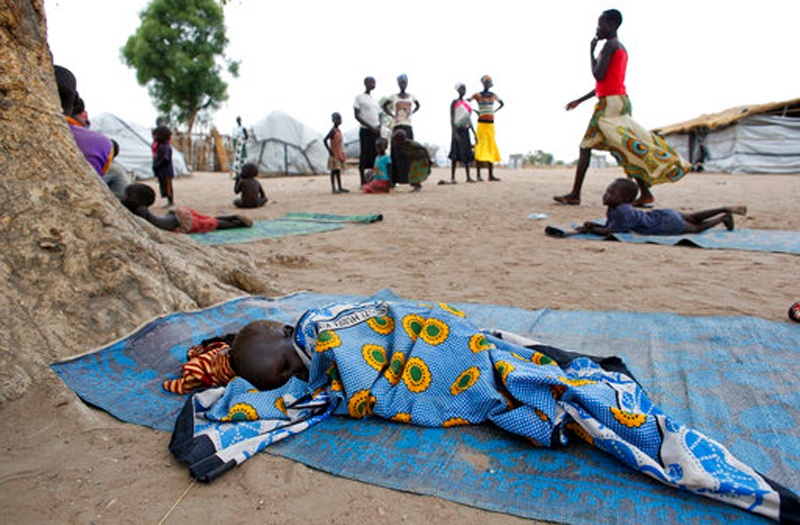
UNITED NATIONS (AP) — Military operations in Yemen are escalating and the humanitarian and economic situation is rapidly deteriorating in the Arab world's poorest nation, which is on the brink of famine, the U.N. special envoy for the country said Wednesday.
Ismail Ould Cheikh Ahmed urged the U.N. Security Council to pressure Yemen's government and Shiite Houthi rebels "to engage constructively" on political and security measures that he presented to them aimed at ending the war and creating a transitional government.
A Saudi-led military coalition, supported by the United States, began striking the rebels and their allies in March 2015, hoping to drive the Houthis from the capital, Sanaa, and restore the internationally recognized government. But the rebels remain in control of Sanaa and much of northern Yemen.
The conflict, which has killed more than 10,000 civilians and displaced over 3 million people, has ground into a stalemate and U.N. peace efforts have faltered.
"It is my firm belief that further military escalation and humanitarian suffering will not bring the parties closer together," Ahmed told the council.
He reiterated his call to the international community to speak with a unified and bold voice to the parties. And he urged the Security Council to "use all of its diplomatic weight to push for the relevant parties to make the concessions required to reach a final agreement before more lives are lost."
"We must give peace another chance," Ahmed said.
The council called on all parties "to engage meaningfully" with the special envoy's proposals and "make progress towards a cease-fire and an enduring political settlement." It also called for regional efforts "to be harmonized."
"The situation in Yemen is increasingly grave and distressing," the council's members said in a statement. "Civilians are paying the highest price for the ongoing violence."
The council called on all parties to the conflict to facilitate the delivery of humanitarian aid and commercial imports, including food, through all ports in Yemen, including Hodeida, to avert famine.
You May Like This
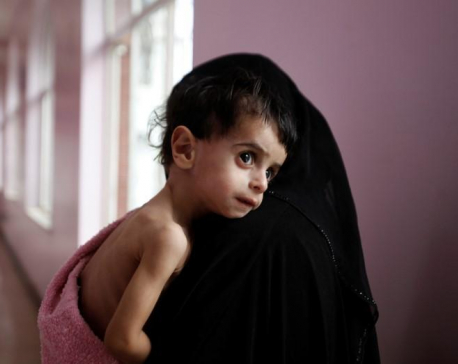
U.N. warns if no Yemen aid access, world will see largest famine in decades
YEMEN, Nov 9: United Nations aid chief Mark Lowcock warned on Wednesday that if a Saudi-led military coalition did not allow... Read More...
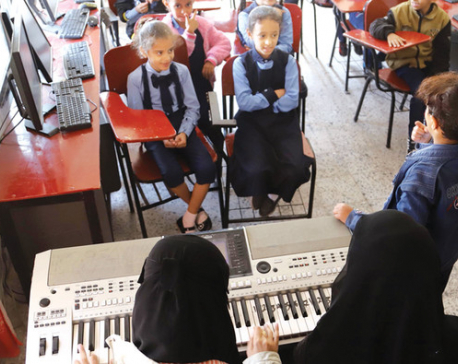
In wartime Yemen, children find solace in music
TAIZ, Jan 28: The sound of music fills the halls at a school in the Yemeni city of Taiz, where little... Read More...

UN chief in Somalia on emergency visit to focus on famine
MOGADISHU, Somalia, March 7: United Nations Secretary-General Antonio Guterres met Somalia's new President Mohamed Abdullahi Mohamed in Mogadishu Tuesday to start... Read More...




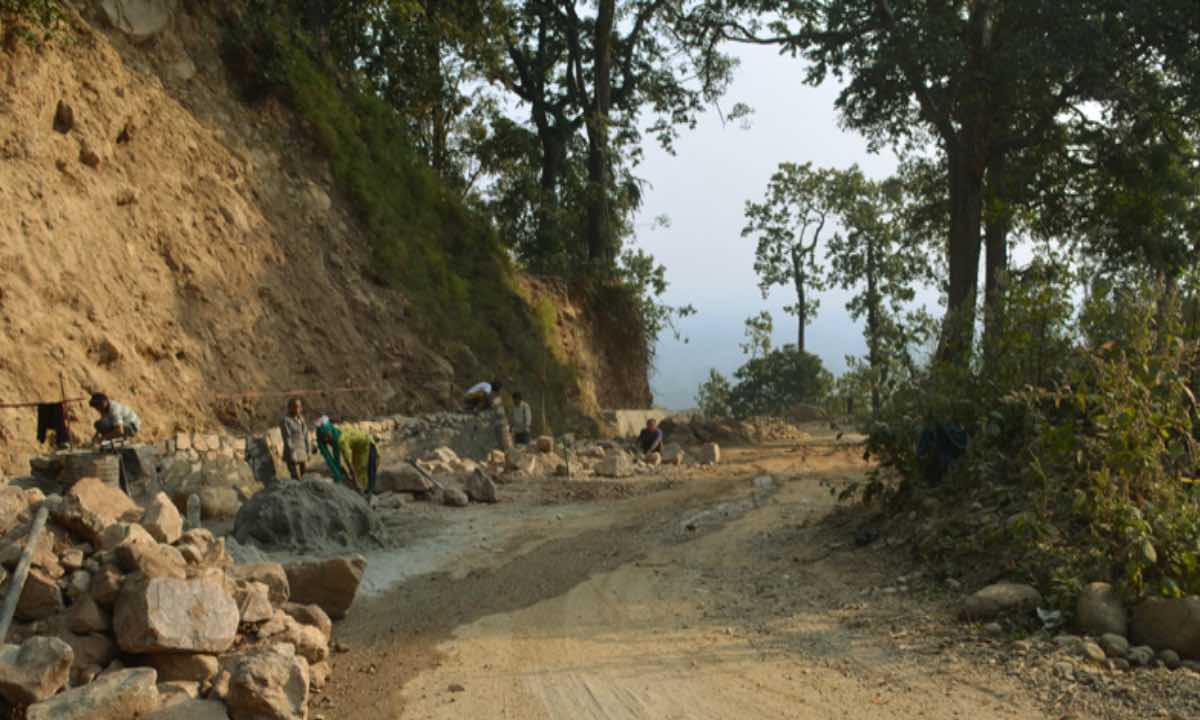
Just In
- Tara Manandhar appointed as CEO of Dish Media Networks
- Madhesh Council of Ministers reshuffled after LSP quits government
- Strengthen oversight to ensure good governance practices in banking sector
- KMC to organize a month-long skill fair from May 1
- Birgunj Metropolis collects over Rs 360 million in revenue
- NEPSE plunges below 2,000 points after one and a half months; daily turnover declines to Rs 2.10 billion
- AI Index Report-2024: AI still behind humans on complex tasks like competition-level mathematics
- Daiji-Jogbudha road construction at snail’s pace












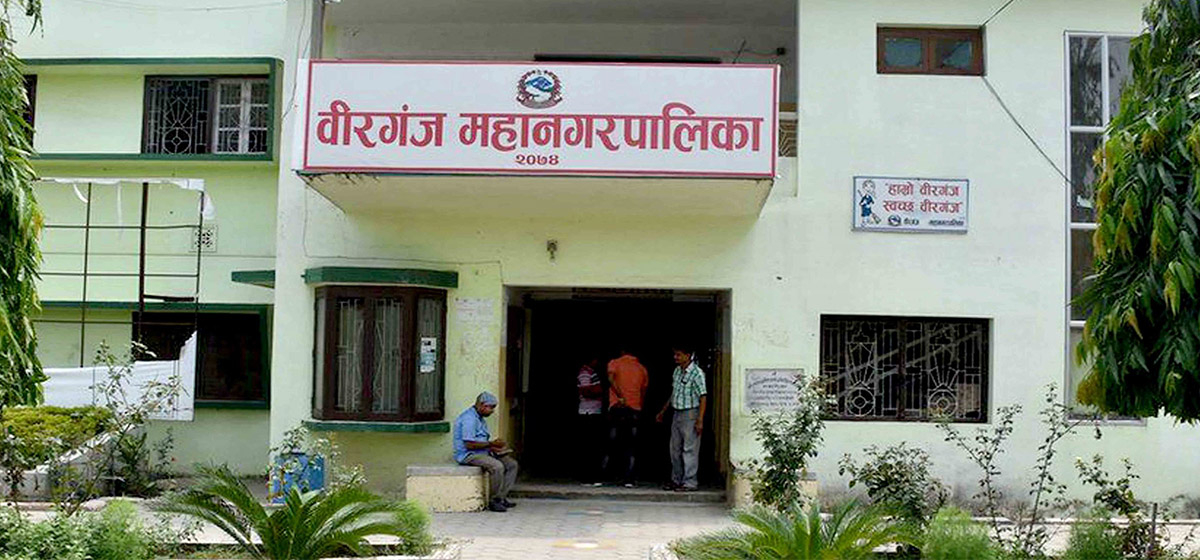
Leave A Comment